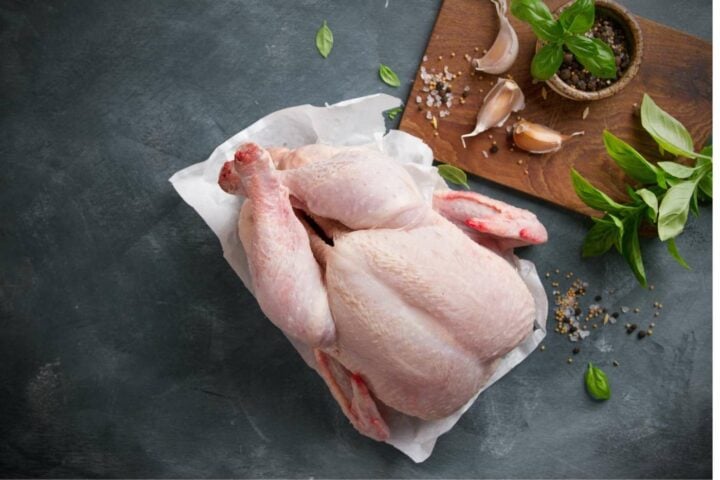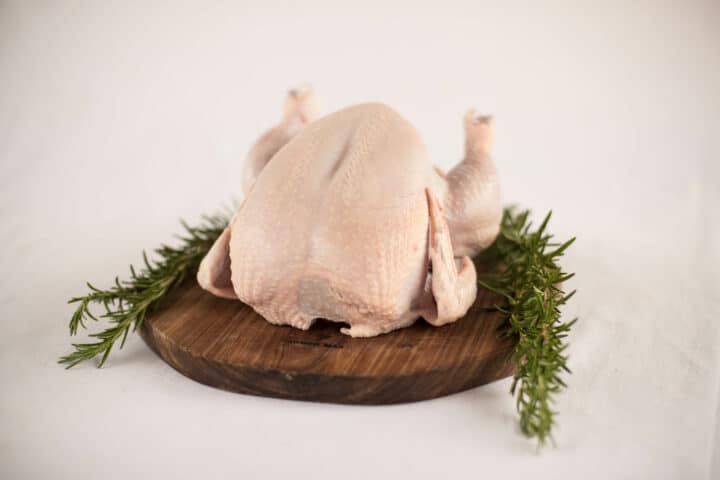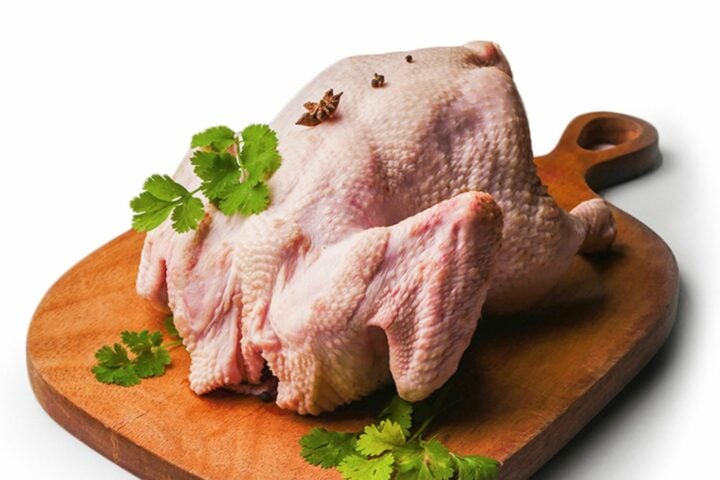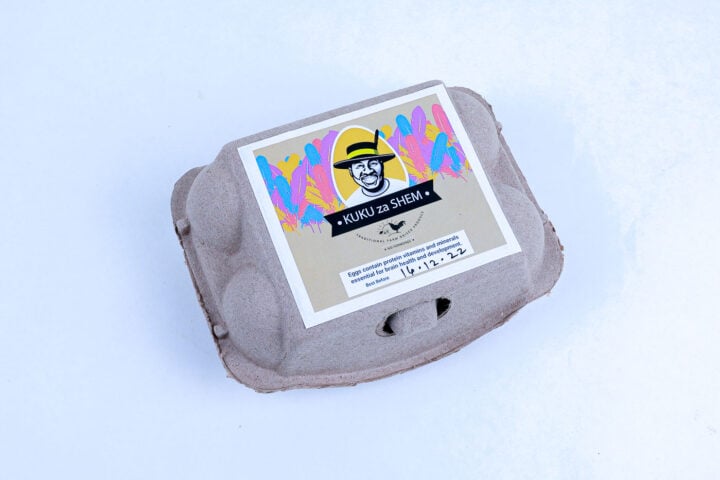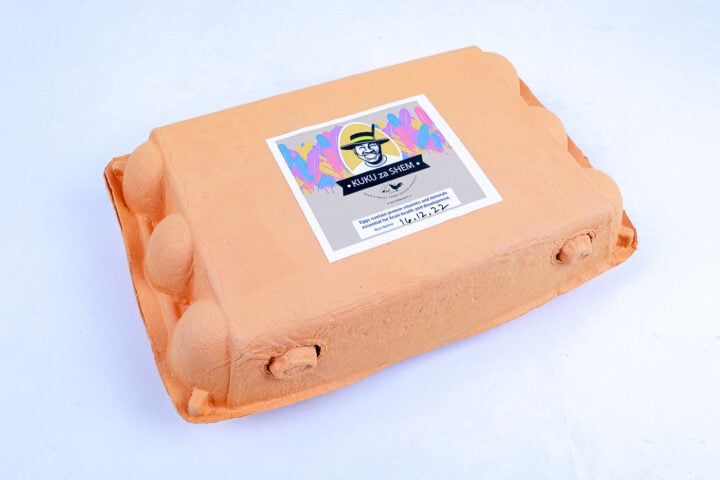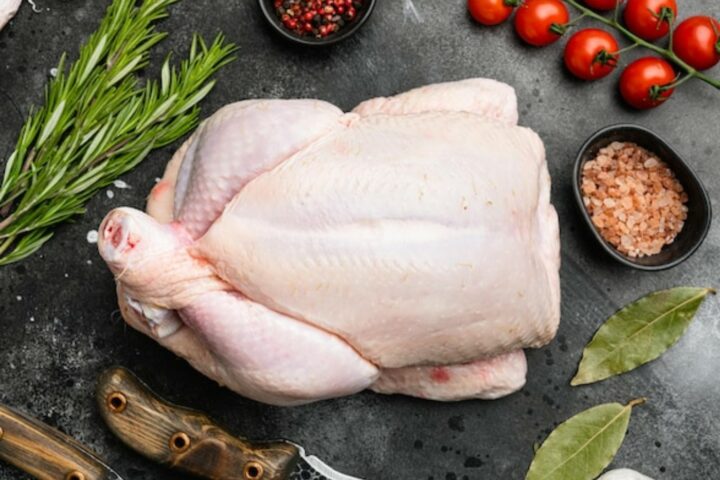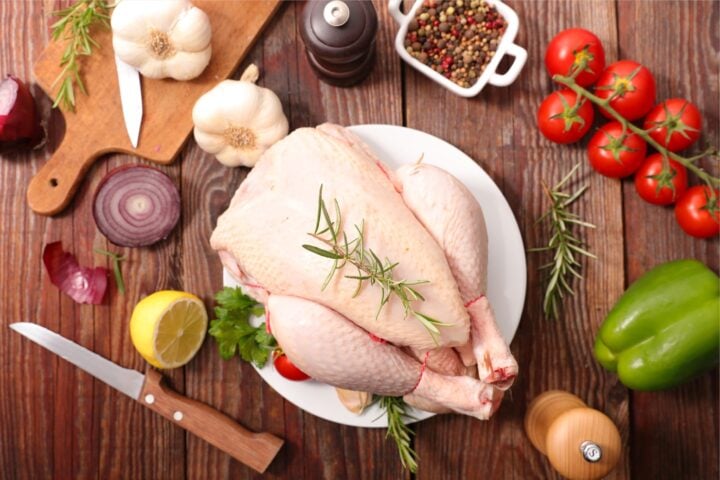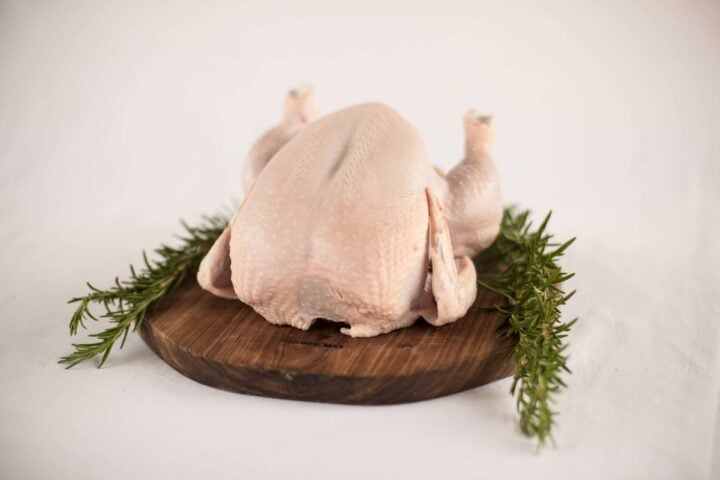The Impact of Battery Chicken Farming on Birds
In recent years, the Kenyan poultry farming industry has seen the emergence of a controversial practice – battery chicken farming. While some farmers argue that it saves space and improves egg production, this system has faced significant opposition from animal welfare organizations.
Today we will delve into battery chicken farming, and its negative effects on birds, and explore alternative, more humane practices that can benefit both farmers and our feathered friends.
Battery Chicken Farming: What Is It?
Battery chicken farming is an intensive and confined system where chickens are raised in small wire cages, often stacked on top of each other in commercial facilities. These cages are incredibly cramped, providing minimal space for the chickens to move or exhibit natural behaviors. The primary goal of battery chicken farming is to maximize egg production, leading to the birds being subjected to a stressful and unnatural environment.
Negative Effects on Birds
Stress and Disease: The overcrowded conditions in battery cages lead to stress and an increased risk of disease among the birds. Dr. Victor Yamo, the campaign manager in charge of farming at World Animal Protection, argues that this system may seem favorable compared to traditional farming practices, but it actually stresses the birds and causes diseases. Chickens are social animals that thrive in open spaces, and the confinement in battery cages prevents them from expressing natural behaviors.
Physical Health: Battery chickens often experience physical health problems. Lack of exercise and exposure to sunlight can lead to weak bones, making them more prone to injuries and fractures. These health issues not only affect the well-being of the birds but also impact their productivity.
Abnormal Behavior: The confinement of battery chickens in spaces smaller than an A4 sheet of paper can result in stereotypic or abnormal behavior. These birds are unable to exhibit natural behaviors like dust bathing, foraging, perching, and nesting, leading to frustration and mental distress.
The Call for More Humane Practices
Dr. Dennis Bahati, the animal care program manager at Africa Network for Animal Welfare (ANAW), emphasizes the need for farmers to consider more welfare-oriented systems, such as free-range farming. In less developed settlements where land rates are favorable and feasible, free-range systems can be a viable alternative. Here are some key reasons why transitioning to more humane practices is beneficial:
Improved Animal Welfare: Free-range systems allow chickens to roam, forage, and engage in natural behaviors. This leads to healthier, happier birds with fewer stress-related issues.
Enhanced Product Quality: Chickens raised in more humane conditions often produce higher-quality eggs and meat. Consumers are increasingly seeking out products from farms that prioritize animal welfare.
Environmental Sustainability: Free-range and cage-free systems can be more environmentally sustainable in the long run, as they allow for natural waste dispersion and reduced reliance on industrial-scale production methods.
While battery chicken farming may seem like a solution to space constraints and the high demand for eggs in Kenya, it comes at a significant cost to the welfare of the birds. The confinement, stress, and disease risks associated with this system paint a grim picture for the poultry industry.
However, there is hope for a more humane and sustainable future. By embracing practices like free-range farming, Kenyan poultry farmers can not only meet the demands of consumers but also ensure the well-being of their feathered companions. It’s time to rethink our approach to poultry farming and prioritize the welfare of the animals that provide us with essential food products. We are proud to work with Kenyan farmers who put animal welfare at the forefront of their practices! Happy healthy free-range chicken means delicious chicken meat and eggs for you! Embrace free-range and taste the difference!
Sources
RFI. (2021, December 26). Kenyan chicken farmers prefer battery cages, but rights groups call out cruelty. Retrieved from: https://www.rfi.fr/en/africa/20211226-kenyan-chicken-farmers-prefer-battery-cages-but-rights-groups-call-out-cruelty
LIVI. The Impact of Battery Chicken Cages in Kenya on Poultry Farming. Retrieved from https://www.poultrycages.net/the-impact-of-battery-chicken-cages-in-kenya-on-poultry-farming/
Farmers Trend. (n.d.). Despite opposition from animal welfare org, Kenyan farmers prefer battery cage poultry farming. Retrieved from https://farmerstrend.co.ke/trending/despite-opposition-from-animal-welfare-org-kenyan-farmers-prefer-battery-cage-poultry-farming/
Murigi, M. (n.d.). Battery cage system is harmful to poultry-lobby. People Daily. Retrieved from: https://www.pd.co.ke/business/battery-cage-system-is-harmful-to-poultry-lobby-50230/
Honestly Delicious Choices…
